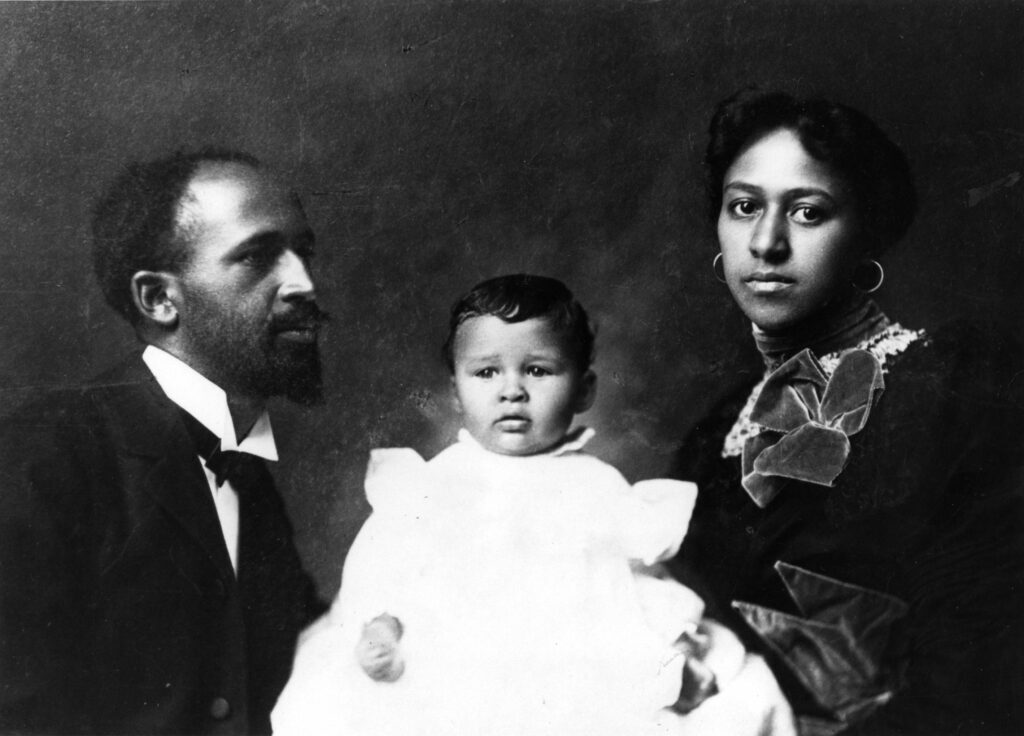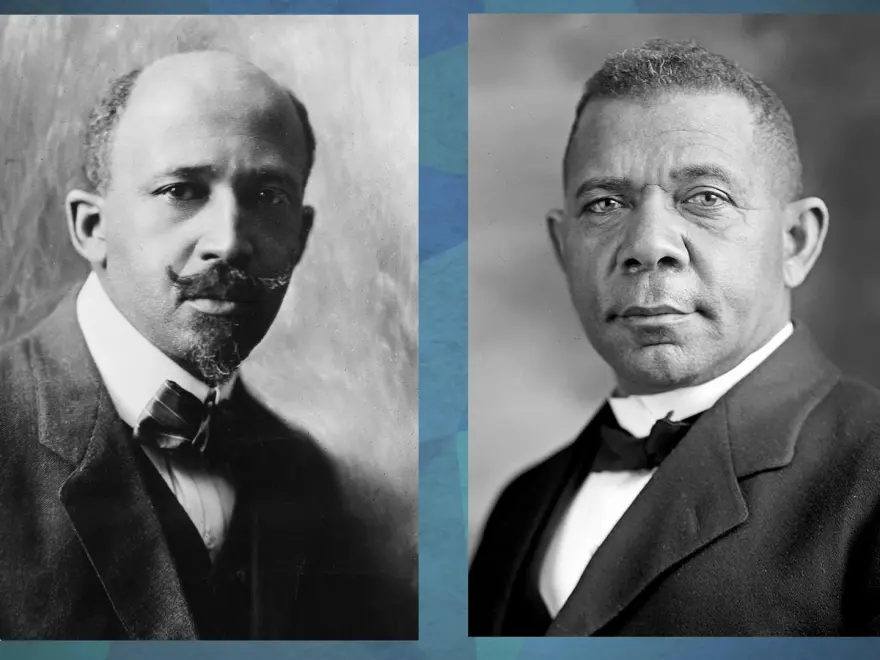Duboisian Thought, rooted in W.E.B. Du Bois’s legacy, profoundly influences African American intellectualism, addressing racial issues and inspiring activism.
This exploration aims to delve comprehensively into the principles, ideologies, and enduring impact of Duboisian perspectives, shedding light on the profound influence of W.E.B. Du Bois on social, political, and cultural discourse.
W.E.B. Du Bois – Architect of Duboisian Thought:

W.E.B. Du Bois, a trailblazing African American sociologist, historian, and civil rights activist, played a pivotal role in shaping Duboisian thought.
Traversing through Du Bois’s life and academic contributions is crucial to understanding his transformative influence in developing a unique intellectual framework that addressed racial inequality, civil rights, and the profound quest for African American identity.
The Souls of Black Folk – Duboisian Manifesto:
Du Bois’s magnum opus, “The Souls of Black Folk,” functions as a manifesto for Duboisian thought. A thorough examination of this influential book is essential, dissecting key themes such as the concept of “double consciousness,” the metaphorical veil representing racial barriers, and the significant role of education as a tool for empowerment.
This literary masterpiece forms the cornerstone of Duboisian ideology, providing insights into the complexities of African American experiences.
Double Consciousness – A Cornerstone of Duboisian Thought:
Central to Duboisian thought is the notion of double consciousness, where African Americans navigate between their identity as Black individuals and as Americans within a predominantly white society.
This intricate concept necessitates an in-depth exploration of its implications on issues of identity, representation, and cultural assimilation. Understanding the nuances of double consciousness allows a grasp of the challenges faced by African Americans in their pursuit of equality and social acceptance.
The Veil – Symbolism and Social Stratification:
Another crucial dimension of Duboisian thought is the metaphorical concept of “the veil,” symbolizing the racial divide and social stratification between Blacks and whites.
Unpacking the layers of this powerful metaphor allows for a nuanced understanding of the barriers to mutual understanding and equality. Exploring how “the veil” manifests in various aspects of society provides insights into the persistent challenges faced by African Americans in their quest for social justice and equality.
Also Read: Saubhagyaa R Swain – A Comprehensive Exploration of a Multifaceted Persona
Legacy in Civil Rights Activism:
Duboisian thought played an instrumental role in inspiring civil rights activism. Tracing the impact of Duboisian ideologies on movements for racial equality, including the NAACP, of which Du Bois was a co-founder, is imperative.
Recognizing how Du Bois’s intellectual contributions laid the groundwork for subsequent generations of activists striving for justice and equality offers a profound perspective on the enduring impact of Duboisian thought.
Contemporary Relevance of Duboisian Thought:
Exploring the contemporary relevance of Duboisian thought is crucial in the context of ongoing racial and social issues.
Analyzing how the principles of double consciousness, the veil, and educational empowerment continue to influence discussions on systemic racism, representation, and the pursuit of racial justice in today’s society provides a bridge between historical ideologies and modern challenges.
Critiques and Debates Surrounding Duboisian Thought:

Acknowledging the critiques and debates that have emerged around Duboisian thought is an essential aspect of a comprehensive exploration.
Examining contrasting perspectives within the African American intellectual tradition, considering how other ideologies, such as those of Booker T. Washington or Marcus Garvey, offer alternative approaches to addressing racial challenges, adds depth to the understanding of Duboisian thought within a broader historical context.
Educational Initiatives – Fostering Duboisian Principles:
Highlighting the role of educational initiatives in promoting Duboisian principles emphasizes the importance of disseminating this intellectual legacy.
Exploring how academic institutions, cultural organizations, and grassroots movements contribute to the dissemination of Duboisian thought provides insights into how these principles are preserved and transmitted to future generations. The impact of educational initiatives in fostering a deeper understanding of Duboisian thought in contemporary society showcases the continued relevance of these ideas in shaping intellectual discourse.
FAQs
1. What is Duboisian Thought?
Duboisian Thought refers to ideologies stemming from W.E.B. Du Bois, emphasizing racial issues, civil rights, and African American identity.
2. Why is “The Souls of Black Folk” significant?
Du Bois’s “The Souls of Black Folk” is a Duboisian manifesto, exploring double consciousness, the veil, and education’s role in African American empowerment.
3. What is double consciousness in Duboisian Thought?
Double consciousness is navigating Black identity within a predominantly white society, a central concept in Duboisian Thought.
4. How does “the veil” symbolize social stratification?
“The veil” in Duboisian Thought symbolizes racial barriers, exposing social stratification between Blacks and whites.
5. What role did Duboisian Thought play in civil rights activism?
Duboisian Thought inspired civil rights activism, influencing movements like the NAACP and shaping the quest for justice.
6. Is Duboisian Thought still relevant today?
Yes, Duboisian Thought remains relevant, influencing discussions on systemic racism, representation, and racial justice.
7. Are there critiques of Duboisian Thought?
Yes, critiques exist, with debates within the African American intellectual tradition, offering alternative approaches like those of Booker T. Washington or Marcus Garvey.
8. How do educational initiatives foster Duboisian principles?
Educational initiatives disseminate Duboisian Thought, preserving it through academic institutions, cultural organizations, and grassroots movements.
Conclusion
Duboisian Thought, grounded in the intellectual legacy of W.E.B. Du Bois, perseveres as a guiding force in dialogues on race and equality. Its enduring influence inspires activism and contributes to a profound comprehension of African American experiences in contemporary society.
Related Post
- Also Read: Glútem – A Comprehensive Guide
- Also Read: John Edward Thomas Moynahan -A Comprehensive Overview
- Also Read: Auractive – A Comprehensive Guide to Holistic Wellness
